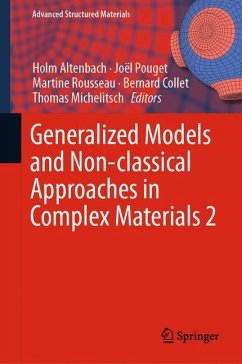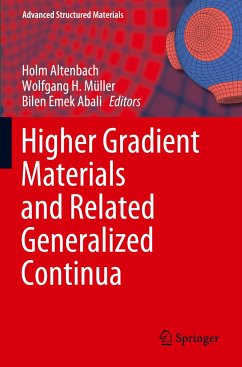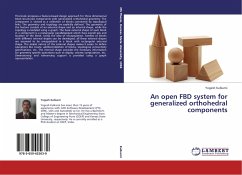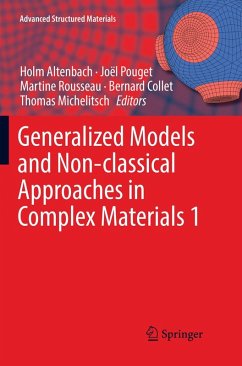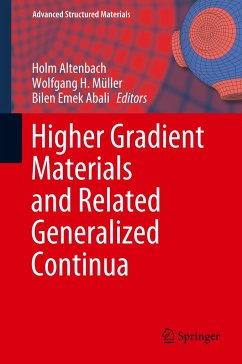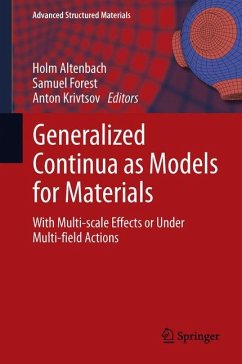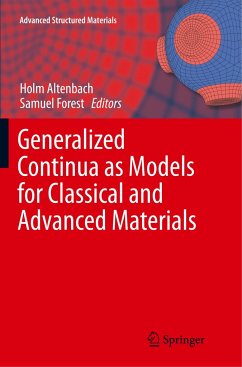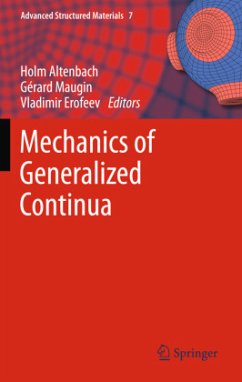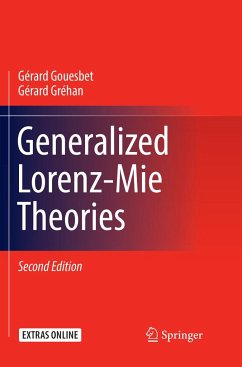
Generalized fuzzy K-algebras
Theory, Methods and Computations
Versandkostenfrei!
Versandfertig in 6-10 Tagen
51,99 €
inkl. MwSt.

PAYBACK Punkte
26 °P sammeln!
A new kind of logical algebra, known as K-algebra, was introduced by the authors in 2003 and published in 2005. A K-algebra was built on a group G by adjoining the induced binary operation on G. The group G is particularly of the type in which each non-identity element is not of order 2. This algebraic structure is, in general, non-commutative and non-associative with right identity element. In 2005, the authors introduced fuzzy K-algebras. They then developed fuzzy K-algebras with other researchers worldwide. In this monograph, theory of K-algebras, K-homomorphisms and subclasses of K- algebr...
A new kind of logical algebra, known as K-algebra, was introduced by the authors in 2003 and published in 2005. A K-algebra was built on a group G by adjoining the induced binary operation on G. The group G is particularly of the type in which each non-identity element is not of order 2. This algebraic structure is, in general, non-commutative and non-associative with right identity element. In 2005, the authors introduced fuzzy K-algebras. They then developed fuzzy K-algebras with other researchers worldwide. In this monograph, theory of K-algebras, K-homomorphisms and subclasses of K- algebras have been presented. Then the concepts and results of K-algebras have been broadened to the fuzzy setting frames by applying Zadeh's fuzzy set theory and its generalizations, namely, interval- valued fuzzy sets, intuitionistic fuzzy sets, interval-valued intuitionistic fuzzy sets, bipolar fuzzy sets and vague sets. Finally, some open-ended problems and applications of K-algebras are stated



